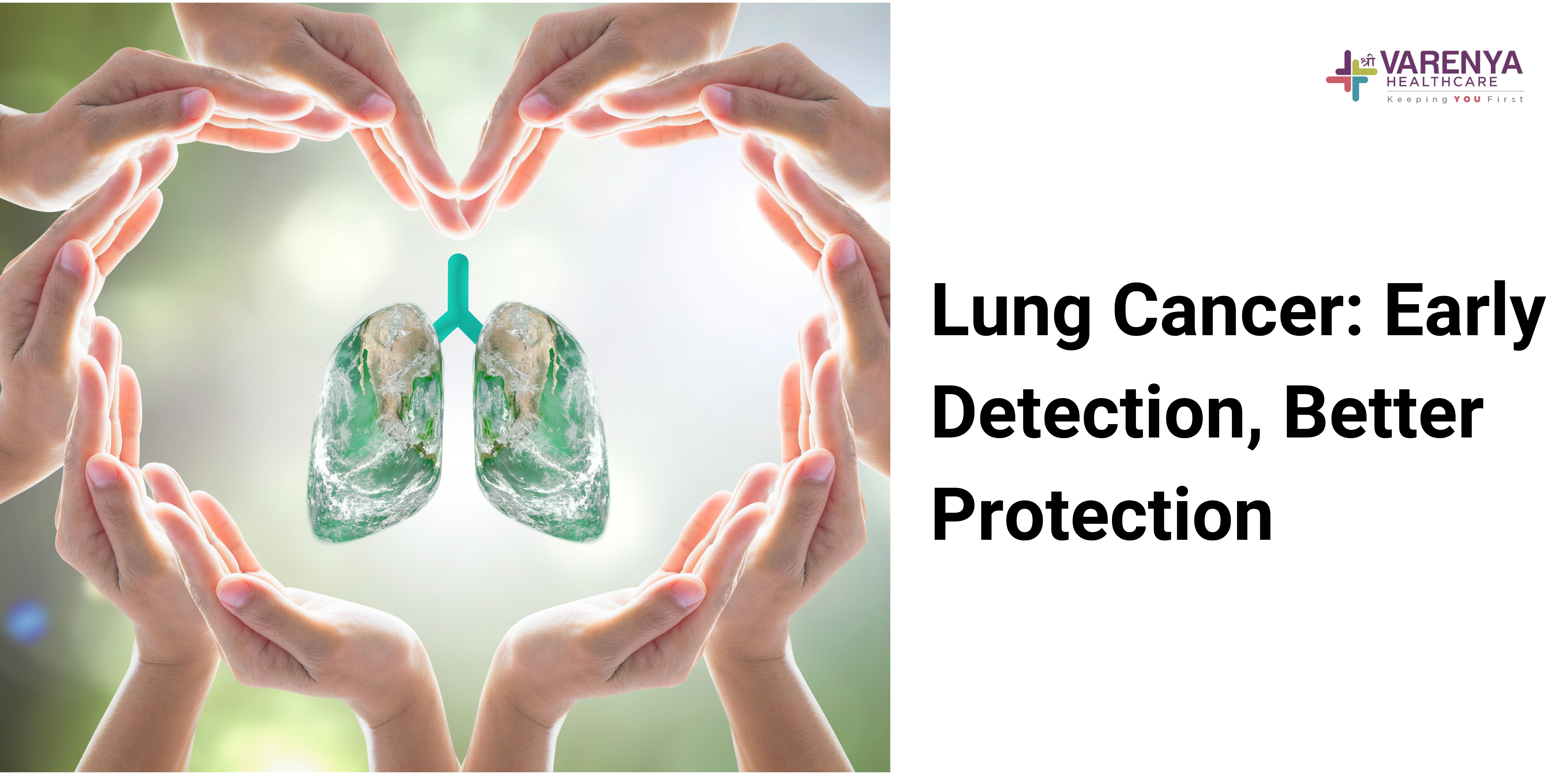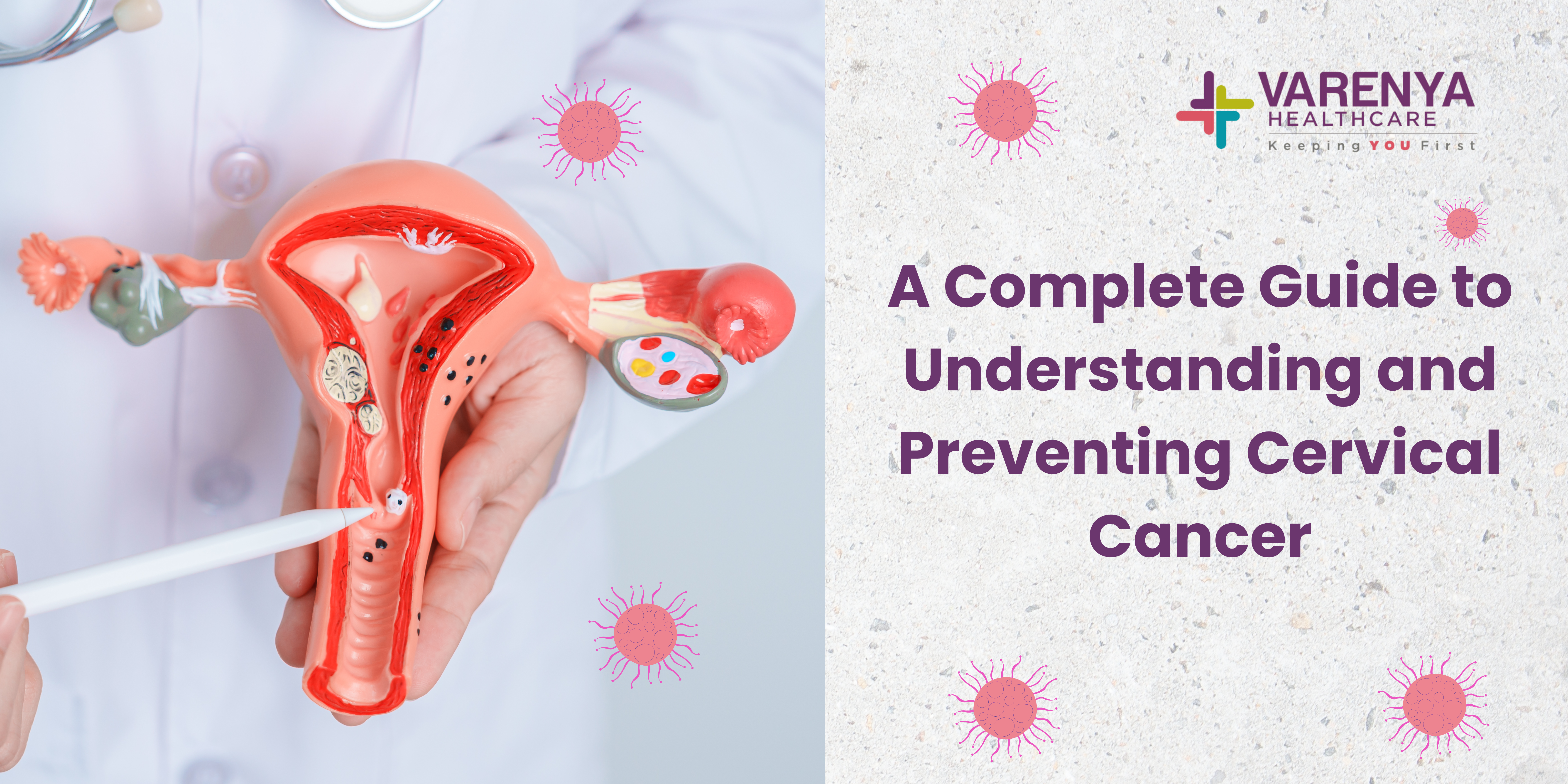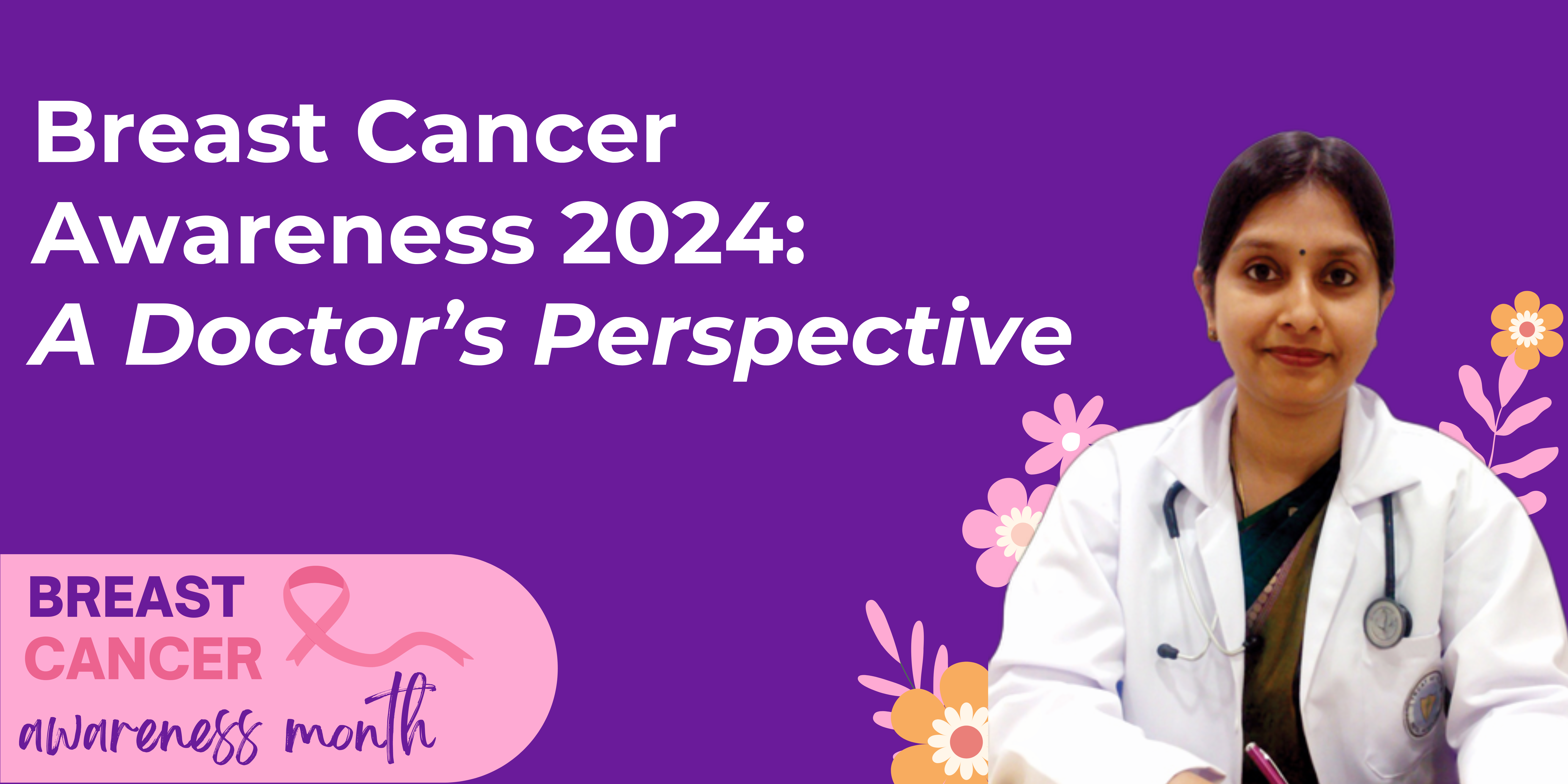
Lung cancer remains one of the leading causes of cancer-related deaths globally, but early detection offers a critical opportunity for more effective treatments and improved survival rates. The body always sends early symptoms for us to become alert.
Tragically, many people remain unaware of their condition until it progresses to an advanced stage.
By recognizing early signs and symptoms of lung cancer, patients can seek immediate medical treatment.
Common Early Symptoms of lung cancer
While lung cancer often presents with no symptoms in its initial stages, some individuals may notice subtle changes that are warning signs given by the body. Here are some common early symptoms:
- Persistent Cough: A cough that does not go away or worsens over time is one of the most common early signs of lung cancer. This can be mistaken for a lingering cold or allergies but should be evaluated if it persists for longer than three weeks.
- Wheezing and Shortness of Breath: Changes in breathing patterns, such as wheezing or experiencing shortness of breath during routine activities, can indicate lung obstruction caused by tumors. These symptoms may arise if a tumor blocks airways or when fluid builds up in the chest.
- Hoarseness: A hoarse voice can occur if a tumor presses on the laryngeal nerve, affecting vocal cord function. This symptom is often overlooked but can be significant in other respiratory issues.
- Coughing Up Blood: Hemoptysis, or coughing up blood, is a concerning symptom that requires immediate medical evaluation. Small amounts of blood should not be ignored, as they can indicate serious underlying conditions.
- Unexplained Weight Loss: Sudden weight loss without a known cause can be alarming. This may occur due to the body’s response to cancer.
- Persistent Fatigue: Chronic tiredness that does not improve with rest can indicate various health issues, including lung cancer. This symptom often accompanies other signs and should prompt further investigation.
- Chest Pain: Discomfort or pain in the chest, particularly when breathing or coughing, may signal lung issues. This pain can sometimes radiate to the shoulders or back.
- Recurrent Respiratory Infections: Frequent bouts of bronchitis or pneumonia may occur as lung cancer progresses, indicating that the lungs are compromised.
- Clubbing of Fingers: Finger clubbing involves changes in the shape and appearance of fingers and toes, often seen as rounded tips and curved nails. This condition can occur in some lung cancer patients but is less common.
- Difficulty Swallowing: If a tumor presses on nearby structures, it may lead to dysphagia (difficulty swallowing), which the healthcare provider diagnoses.
Importance of Early Detection of lung cancer
Recognizing these early signs is important for timely treatment. Lung cancer diagnosed at an earlier stage has better treatment outcomes compared to cases diagnosed at advanced stages.
Unfortunately, many individuals think these conditions are due to allergies or infections, and delay their visit to a healthcare professional.
When to Seek Medical Attention
It is recommended that individuals consult a healthcare provider if they experience any persistent symptoms associated with lung cancer. Key indicators include:
- A cough lasting more than three weeks
- Shortness of breath during normal activities
- Coughing up blood
- Unexplained weight loss
- Persistent fatigue without a clear reason
Risk Factors
Certain risk factors increase the likelihood of developing lung cancer:
- Smoking: The most significant risk factor for lung cancer is smoking cigarettes. However, non-smokers can also develop lung cancer due to genetic factors or exposure to passive smoking.
- Environmental Exposure: Prolonged exposure to harmful substances and air pollution can elevate lung cancer risk.
Lung cancer remains a health challenge due to its often asymptomatic early stages. However, awareness of early signs such as persistent coughs, unexplained weight loss, and changes in breathing can lead to earlier diagnosis and improved treatment outcomes.
Individuals with risk factors should remain vigilant about their health and consult healthcare professionals if they notice any concerning symptoms. Early detection is key in combating this disease effectively.
At Varenya Healthcare, we are committed to the fight against lung cancer by focusing on early detection and awareness.
Our mission is to empower people with the knowledge to recognize the warning signs early, enabling timely treatment and improving survival rates.
Together, we can work towards eradicating lung cancer.
Get in touch with our team of doctors to learn more about lung cancer





